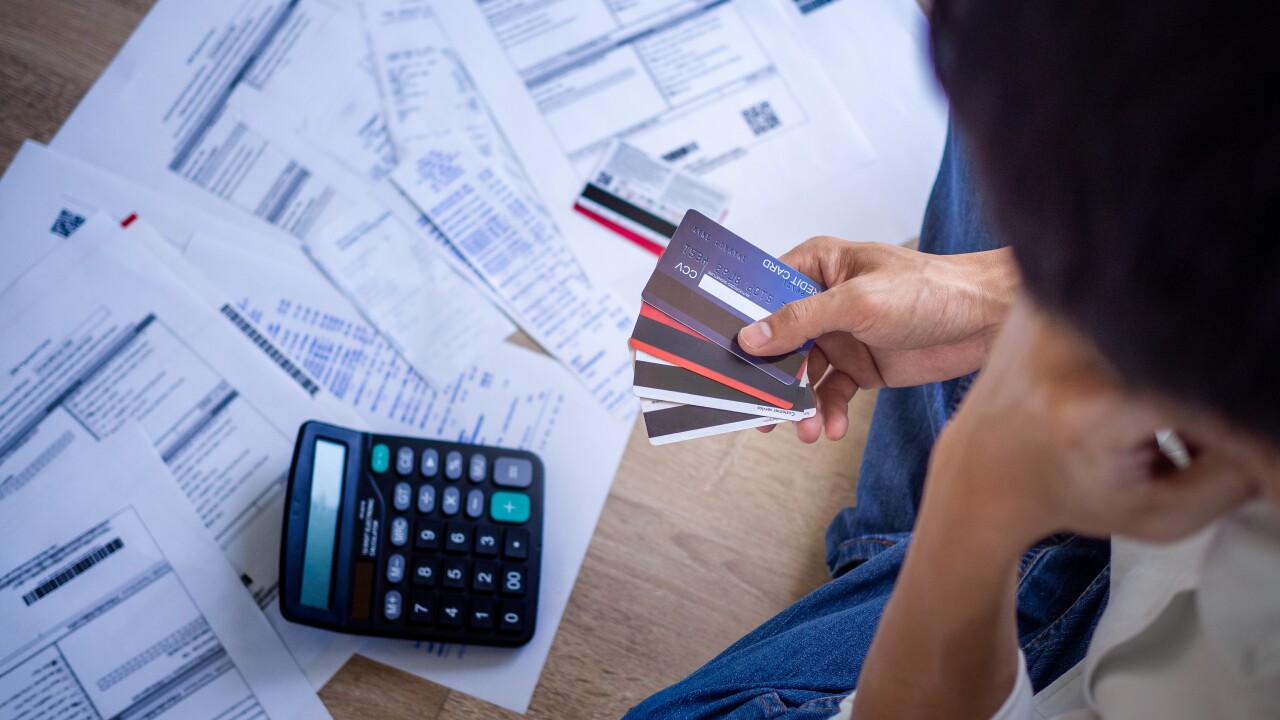Some banks are coming out victorious in class-action lawsuits alleging they failed to properly disclose ATM fees on the exteriors of machines because they can prove consumers receive adequate notification through their machines’ on-screen messages.
And the wind may be blowing more in their favor, as the Consumer Financial Protection Bureau considers revising the rule requiring exterior notification of fees in lieu of on-screen fee-notification (
But certain judges that opt to adhere closely to federal laws still on the books continue to rule against financial institutions on ATM fee-sticker cases, even in the absence of groups of harmed plaintiffs.
In the latest example, a federal judge in Alabama on June 6 approved a full settlement in a case against Montgomery, Ala.-based Comala Credit Union, though no consumers actually filed claims.
"It is highly unusual to see a class-action case settled like this when nobody submitted a claim, which suggests nobody was harmed," Alan S. Kaplinsky, a partner with the Philadelphia-based law firm Ballard Spahr LLP, tells PaymentsSource.
The Alabama judge ruled that Comala violated the Electronic Funds Transfer Act by failing to disclose ATM fees on its cash machines' exteriors. Comala set aside a settlement fund of $42,869, and the single named plaintiff received $2,500 as an incentive payment, the court noted in its ruling.
Members of the class made no other claims, and the settlement called for the remainder of the funds to be donated to charity. Attorney's fees were awarded to the plaintiff's lawyer from a separate fund, the court said.
In the ruling, U.S. District Court Judge Myron H. Thompson wrote he was "troubled" that no class member other than the named plaintiff came forward to receive a settlement payment.
"Of course, this fact raises the specter that this suit was motivated by attorney's fees," the judge wrote.
Moreover, one Michigan retiree appears to be making a business out of filing lawsuits seeking to collect penalty fees from deployers for failure to note their ATM fees in accordance with the laws (
Indeed, the number of ATM fee-sticker lawsuits has reached a "nuisance" level over the past year or so, and it is particularly costly to small institutions, Kaplinsky says.
At the moment, there is no way to predict which way judges will rule on hundreds of such pending cases because decisions are going both ways, he says.
"We hope this will get cleared up by the [bureau] or through Congress in the near future," he says.
What do you think about this? Send us your feedback.





